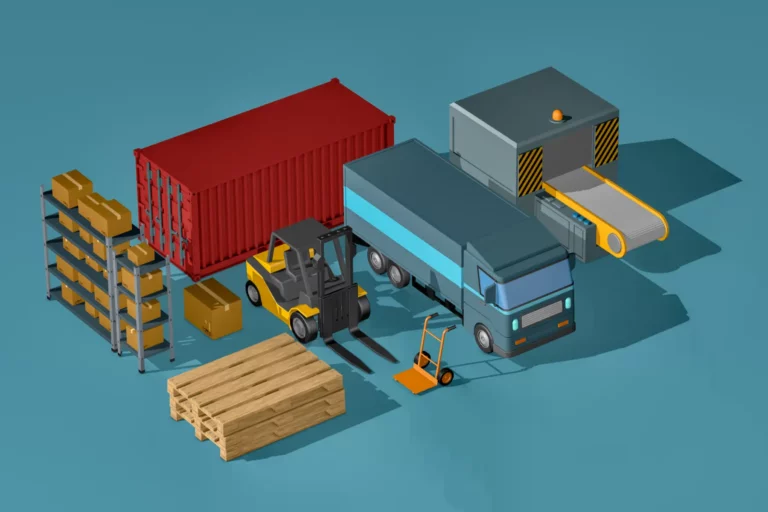The supply chain is the backbone of global trade; it has a global market size value of $15.85 billion with a projected compound annual growth rate of 11.2% from 2020 until 2027. However, like any other industry, the supply chain also faces significant challenges. These challenges need to be acted upon to meet trade demand and keep up with modern business trends.
A few of the factors contributing to challenges within the supply chain industry include global nature, multistep processes, and international complexities that confront effective supply chain management. According to the Council of Supply Chain Management Professionals, supply chain management is essential for success and excellent customer service.
One of the practical approaches for success is the modernization of the supply chain. This can be applied in several ways.
Modernization of the Supply Chain
Supply chain management has significantly expanded in the last two decades. Modernization approaches have been adopted to boost accuracy as well as improve speed and quality service across all processes and in every business unit. One of these approaches is technology modernization, which makes a significant improvement in the operation of the business.
Technology transformation helps businesses drive in and increase revenue. Using the right technology for a specific process can help streamline and make the business visible and accessible. Among these technologies, APIs or Application Programmable Interface and low-code platforms create a competitive edge and deliver tremendous strategic value in the business.
Supply Chain and Low Code APIs
In today’s fast-paced world, the supply chain industry must transform and advance to seize the market. To speed up the transformation, failure is not an option. As a result, the digital transformation through low-code API is carried out.
APIs enable the supply chain with a digital platform that allows seamless access of data and information. From inventory levels, warehouse or shipment locations, order and delivery statuses, and all the way up to order payments. Everybody in the supply chain can benefit from the applications improving business performance into becoming a responsive, efficient, and cost-effective enterprise.
Streamlining the API integration is the low-code platform. As a result, this enables end-users and operators to realize a complex application without specialization using low-code tools. The low code API integration allows the supply chain management to confront challenges and helps transform business.
Speed and Accuracy Through Low-code API
The integrated system has tremendous benefits to the supply chain industry. Among the many benefits, speed and accuracy are of utmost importance. The system must have systematic and strategic controls. This is of the utmost priority for the low-code API to reach optimal use. Doing so will also bring further advantages to the business such as:
- Meeting customer’s needs on time
- Reducing costs
- Avoiding liabilities
- Sustained inventory
- Optimized inventory
- Improved revenue
- A low number of incomplete orders
- Efficient order fulfillment
All these benefits in the supply chain will keep the system in place, thus improving the business process. This also means an increase in revenue, giving the business a substantial opportunity for sustainability and expansion.
Profound API
Without a good API strategy and reliable, easy-to-use API development and management tools, your supply chain is missing the opportunity to properly integrate applications and leverage data that is scattered across disparate data silos.
Profound API’s management and performance monitoring dashboards help you keep an eye on the performance of your API ecosystem, enabling you to address problem areas before any disruption to your business occurs.
Ready to get started with API management? We’re here to help. Contact us at sales@profoundlogic.com or call us at 1-877-224-7768 to get started today.


